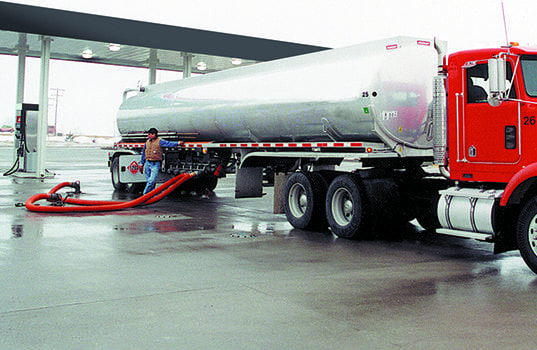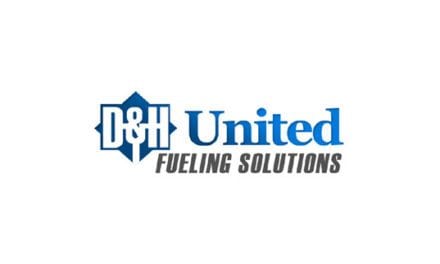By Joe Petrowski
As the market has evolved the skills, products and services that distinguishes a first class branded and wholesale supplier has also advanced. Reliable supply at a competitive price is still critical, as is a brand that has a high “R” factor (recognition) and “Q” factor (quality and admiration). But, increasingly the value of a supplier should be measured by:
1) Service—How accessible and responsive is the marketing team? Fuel supply and brand support is a 24/7 business. Billing, reconciliation and settlement must be swift, accurate and easy.
2) Information and Education—Fuel marketing like many businesses today is as much about data management ranging from supply, prices and competitive analysis as it is hardware. Which supplier has a broad and deep database that it will leverage and share for its customer’s benefit?
3) Network Contacts and Capabilities—A smart branded supplier and wholesale marketer understands the fundamental principal that if the customer prospers and grows the brand and wholesale supplier prosper and grow. Facilitating this is expertise in alternate fuel development, finance, real-estate, legal, IT and in transactions. Looking back 60 years ago, an integrated major could simply point to a piece of real estate and provide financing in exchange for a restrictive contract, hefty margin, voluminous advertising and an annual meeting and then walk away. A supplier today can occasionally supply capital in credit lines and payment terms, but helping their customers identify sources of capital and liquidity is a key service as better capitalized sites and growth volume, along with increased acquisition and disposition activity, is the norm.
4) A Broad Terminal Network with Built In Optionality—Access to refineries is yesterday’s skill, and in many cases a burden to a supplier (capital, margin volatility, focus). Terminals with multiple supply sources in various locations, and configured for blending and multi-modal access with a first-rate origination and distribution team, determine who is a market master.
5) Transaction Savings—An ability to supply a loyalty program and electronic payment that circumvents the onerous credit card fees.
6) Pricing Programs, Wholesale and Retail—Posting a price at the rack or simply at the pump is also yesterday’s skill. Fixed price retail cards, NYMEX-based wholesale pricing or other formula based term contracts are much more effective.
7) Social Media—A social media platform and strategy to identify sites with products and services and drive customers to that site.
8) Fleet Relationships—The ability to merchandise to national fleets and drive those fleet customers to their customer’s sites for fulfillment. This will be especially important as natural gas, hydrogen and advanced biofuels grow in importance.
In conclusion, fuel marketing is a commodity business. In commodity businesses the winners are defined by price and volume, which is achieved with efficiency and value-added services. A brand is only as capable as the people and products behind that brand.
 Joe Petrowski has had a long career in international commodity trading, energy and retail management and public policy development. In 2005, he was named President and CEO of Gulf Oil LP and elected to the Gulf Oil LP Board of Directors. In October of 2008 he was named CEO of the now combined Gulf Oil and Cumberland Farms whose annual revenues exceed $11 billion and that now operates in 27 states. In September 2013, Petrowski stepped down as CEO of The Cumberland Gulf Group. He is now managing director of Mercantor Partners, a private equity firm investing in convenience and energy distribution, and a member of the Gulf board.
Joe Petrowski has had a long career in international commodity trading, energy and retail management and public policy development. In 2005, he was named President and CEO of Gulf Oil LP and elected to the Gulf Oil LP Board of Directors. In October of 2008 he was named CEO of the now combined Gulf Oil and Cumberland Farms whose annual revenues exceed $11 billion and that now operates in 27 states. In September 2013, Petrowski stepped down as CEO of The Cumberland Gulf Group. He is now managing director of Mercantor Partners, a private equity firm investing in convenience and energy distribution, and a member of the Gulf board.




